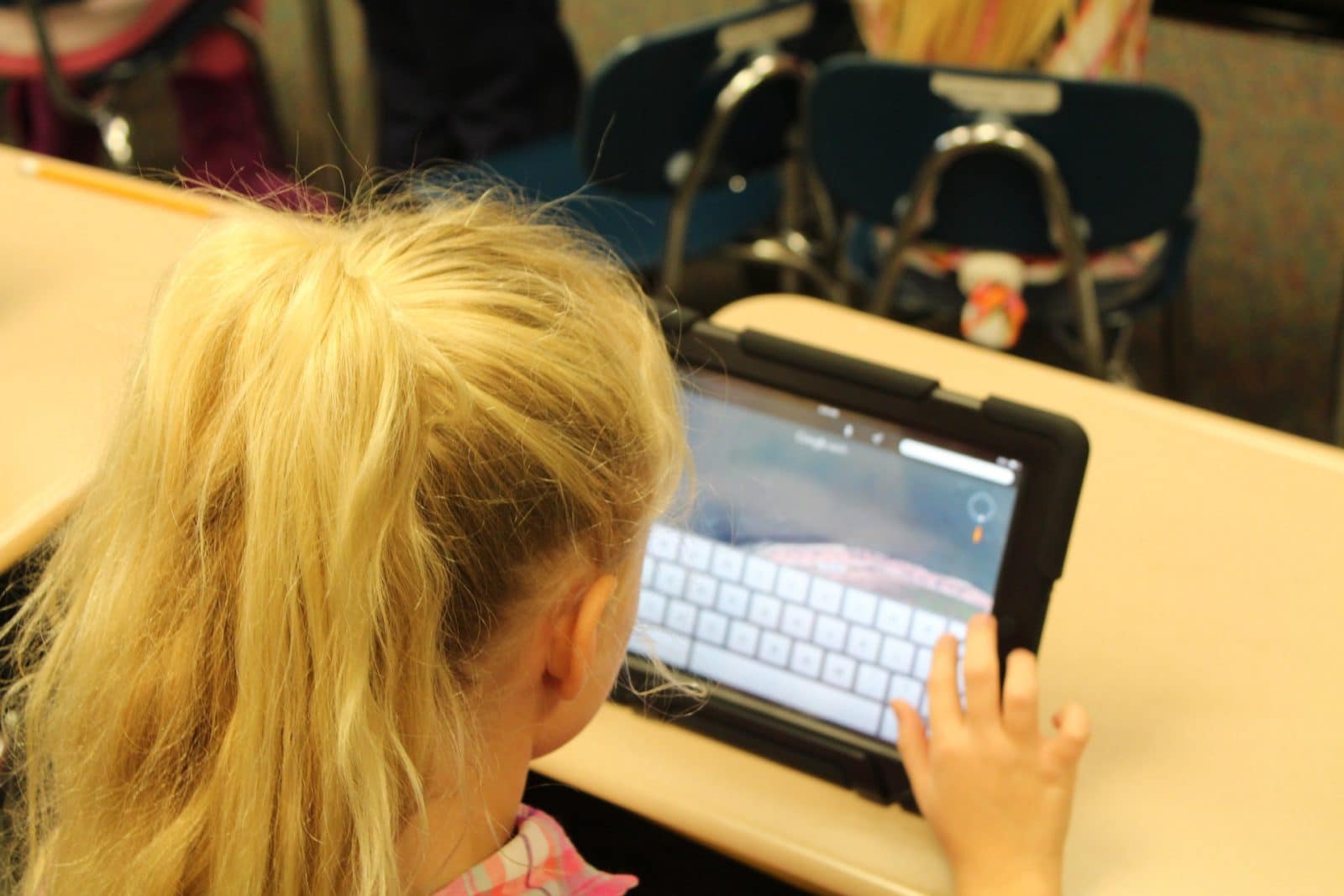No one can deny that the younger generations (Millennials through Centennials) have waaaaay more screen time than we ever did! The simple fact is, they do!
The basic generation breakdown:
1965-1976 = Generation X,
1977 – 1995 = Millennials (1980-1990)
and 1996> = Generation Z, iGen or Centennials.
Slight segue, but interesting tidbit. Have you noticed how there seems to be more and more traffic on the roads in the past year or so? Ms. Ashley (Center Director) was in a traffic jam recently, and frustrated asked Siri why. She was informed that the increase in cars on the roads is due to all the Millennials now being of driving age and having access to cars! Oh, that makes sense.



All things IT can be considered a double-edged sword. Are we losing the ability to interact in person and/or make friends? Is our development stunted because life essentially has no on/off switch? Do the benefits outweigh the risks? Dr. Liraz Margalit highlights “The Critical Period” which lays the foundation of future brain development. From birth through three years of age young brains are developing rapidly and are “particularly sensitive to the environment around us.”, “a child needs specific stimuli from the outside environment.”, and “these essential stimuli are not found on today’s tablet screens.”.
Some past and current benefit examples worth mentioning include how much this medium assists folks that may be housebound or live/work remotely. Growing up in Australia, I remember learning about School of the Air . Even older generations and those that live in remote locations have periodic access to digital interaction on some level. At the very least they utilize and benefit from having an email account or smartphone. Skype or other video chat functions and social media sites such as Facebook allow us to keep in touch with far flung family, friends or work associates. The Bay area is very diverse and our ScuttleBugs families love to share posts and pictures with those who can’t be physically present to watch the little ones grow and thrive.


There are countless articles and books on the phenomena known as “Distracted Parenting”. Parents /Caregivers /Nannies who are on their devices and not paying full attention to the children in their care. We as adults need to power down regularly to delineate between the fantasy world and reality. Interact in person, get out and about. Just as the wise Dr Spock recommends in his "Advice" read real books together. One of our team told me of a funny moment when she was reading a book with her young nephew and he literally tried to pinch zoom the text on the page!
This NPR article by Jon Hamilton looks at both sides of the debate: Initial knee-jerk studies implied “ that children who spent too much time watching TV or playing video games were more likely to develop ADHD.” However, Leah Krubitzer and many in the field of science and medicine don’t necessarily agree. “It's true this sort of stimulation may desensitize a child's brain in some ways, they said. But it also may prepare the brain for an increasingly fast-paced world.”.


